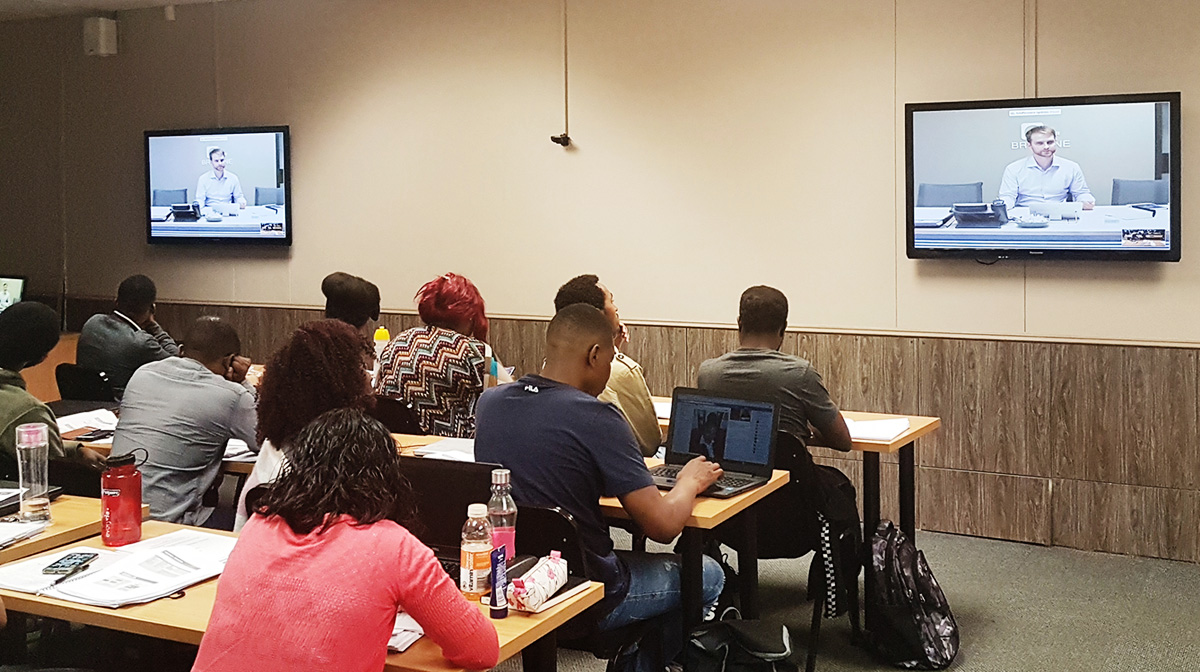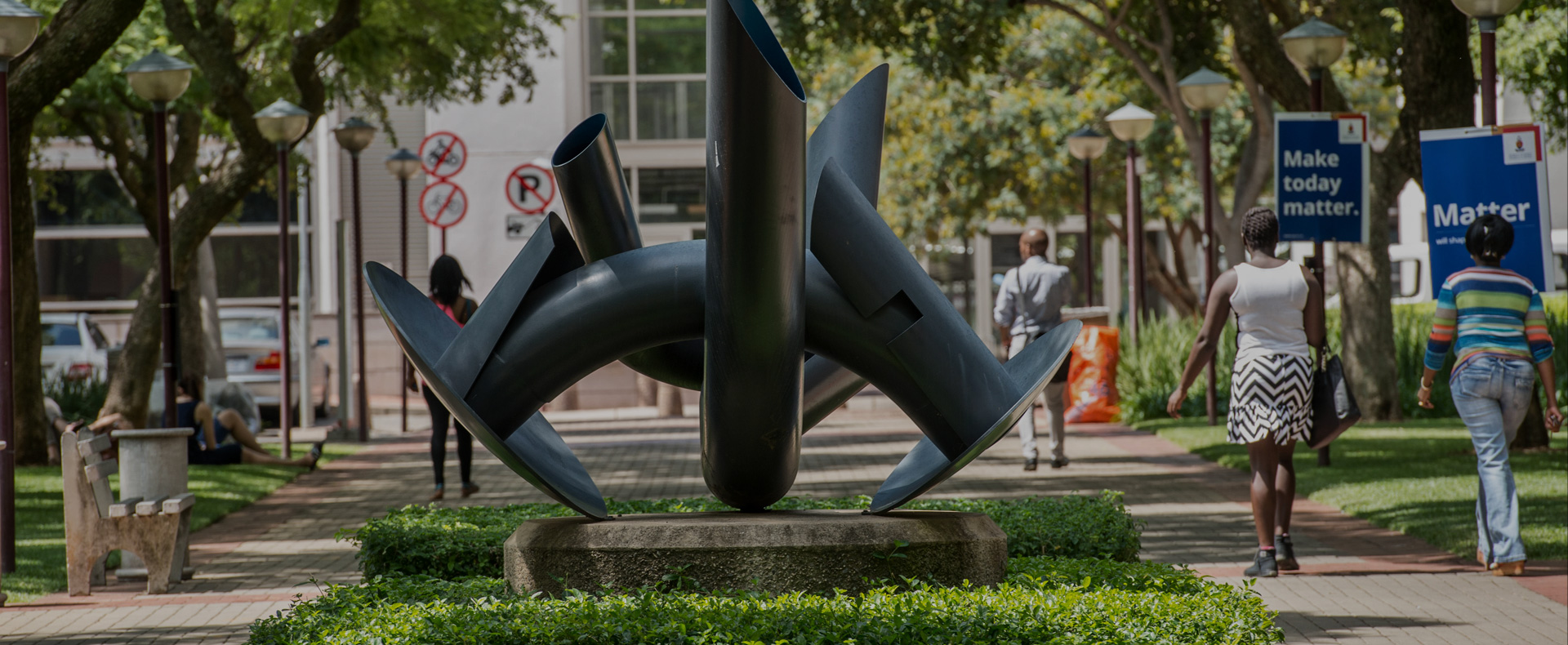Special Economic Zones for Beginners:
University of Pretoria

Earlier this year, I joined colleagues from across DLA Piper’s global offices to deliver an introductory training course to post-graduate law students from across Africa about special economic zones ("SEZs") as a tool for attracting foreign direct investment and increasing development. The DLA Piper team included Emilie Barton (Solicitor, Brisbane), Alex Clamon (Associate, Dubai), Chris Dolan (Of Counsel, Washington DC), Jamie MacDonald (Director, Johannesburg), Martin Schaefermeier (Of Counsel, Washington DC) and Jeffrey Sheehy. Except for myself and Jamie, all of the DLA Piper lawyers participated via video conference, demonstrating how technology can be leveraged to bridge the knowledge divide, and save on travel time and costs.
The students also had the benefit of a non-DLA Piper expert special-guest, in the form of Professor Jim Coleman, who is a senior director at Oxford Policy Management ("OPM"). Professor Coleman is a highly experienced economist who leads OPM's Urban Economics practice globally, and due to the depth of his experience working on SEZ projects across Africa, he was able to deliver a training session which really resonated with the students and touched on the local conditions of various African jurisdictions he has worked in. There was an interesting blend of law and economics that made this session a favourite among the students.
The course was intended to be a beginner's introduction to SEZs, although some knowledge was assumed, as pre-reading material was circulated in advance. Some of the topics covered included:
- the history and development trends of SEZs;
- attracting foreign direct investment;
- African and Asian SEZ case studies;
- SEZs in the context of regional or free trade agreements; and
- an overview of South African SEZs.
What was most enjoyable about the experience was engaging with the students and listening to the questions they raised during each of the sessions. The students came from various African countries, including Botswana, Ethiopia, Kenya, Malawi and Nigeria. Their questions were influenced by the profiles of their home countries, and in some cases the professional experiences of the students.
As a practical test of what was taught during the course, students were given a group assignment to compile a business case for a client, the government of an assigned country, on the possible implementation of a SEZ. The exercise required students to draw on pre-reading material, the lecture delivered by each presenter and additional reading on SEZ. I served on the committee responsible for grading each of the group assignments submitted at the end of the SEZ course and, as a committee, we were singularly impressed by the quality of all the assignments, as they demonstrated how well the students understood the principles of SEZs. It was clear that the time spent preparing for and participating in the sessions had sparked an interest in SEZs in many of the students and possibly converted some who may have had negative perceptions of the role that SEZs can play in the economic development of a country. The time spent preparing for and presenting this training was made worthwhile by the enthusiasm and participation of the students. We taught the students something, but I am also confident that each of us learnt something in the process, and that can often be the rewarding part of the pro bono work we do.
Teaching About Special Economic
Zones in South Africa
